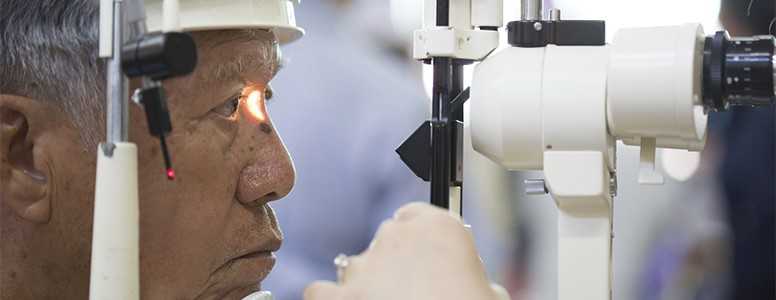New research shows that Darapladib, a heart disease drug, could actually be used treat diabetic macular edema.
Scientists at Queen’s University, Belfast and University College London (UCL) have found that the drug could reduce the need for injections, which is what diabetic macular edema patients are normally treated with.
Diabetic macular edema occurs in roughly seven per cent of patients with diabetes, who may have to be injected directly into the eye every four to six weeks with anti-VEGF drugs (anti-vascular endothelial growth factor). But the tablet version of Darapladib could limit the need for these injections.
The breakthrough in this research occurred when scientists discovered that Daraplabib inhibited an enzymen, known as Lp-PLA2, which is found in people with diabetes. This enzyme causes blood vessel leakage in the eye, which results in retina swelling and vision loss.
Darapladib was originally developed to treat cardiovascular disease, but researchers are now planning a clinical trial, in partnership with drugs firm GlaxoSmithKline, to see if the drug could provide an alternative treatment for diabetic-related blindness.
Because anti-VEGF drugs are expensive, Daraplabib could not only provide a cost-effective treatment but also a pain-free drug for patients. Diabetic macular edema is believed to cost the NHS more than £116m.
Speaking about the findings, Diabetes UK Northern Ireland national director Dr David Chaney said: “Diabetic macular edema is a major cause of vision loss during diabetic retinopathy, and we welcome the results of this study, which identifies a potential target and therapy for this serious condition. We look forward to a future clinical trial to test its effectiveness in humans.”
The study is published in the Proceeding of the National Academy of Science USA journal.
What's new on the forum? ⭐️
Get our free newsletters
Stay up to date with the latest news, research and breakthroughs.





